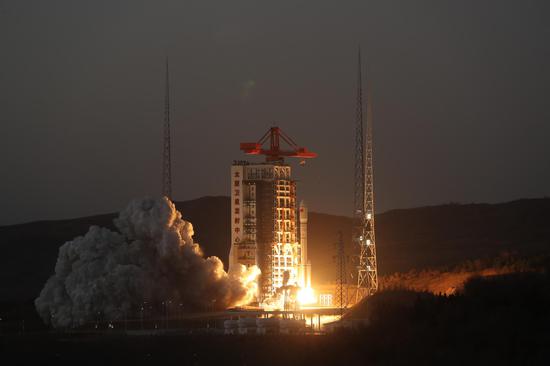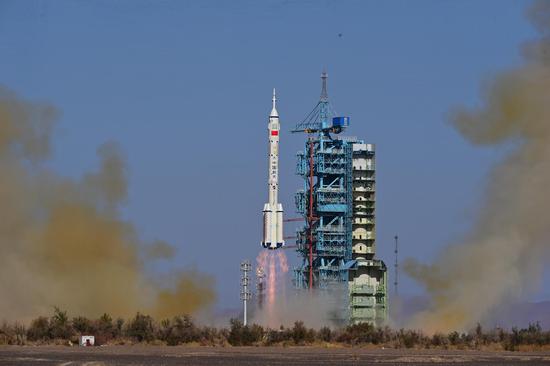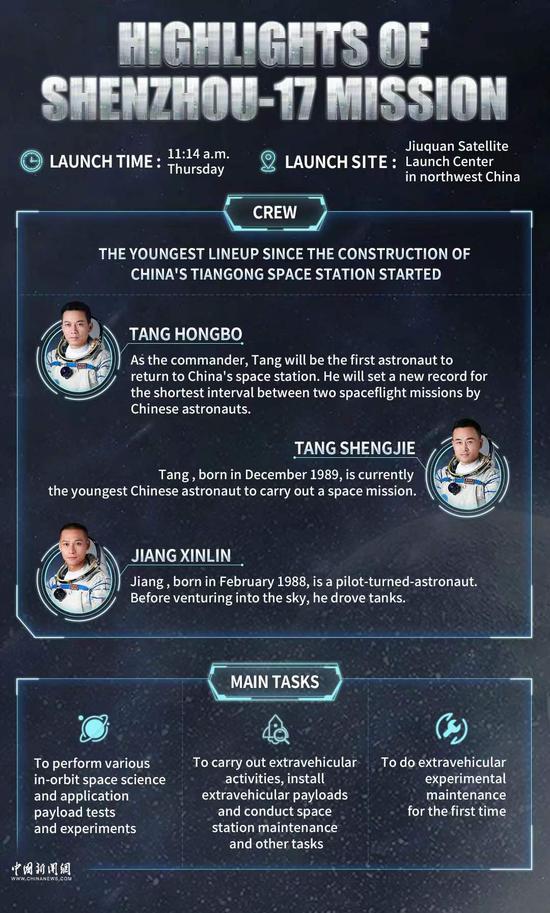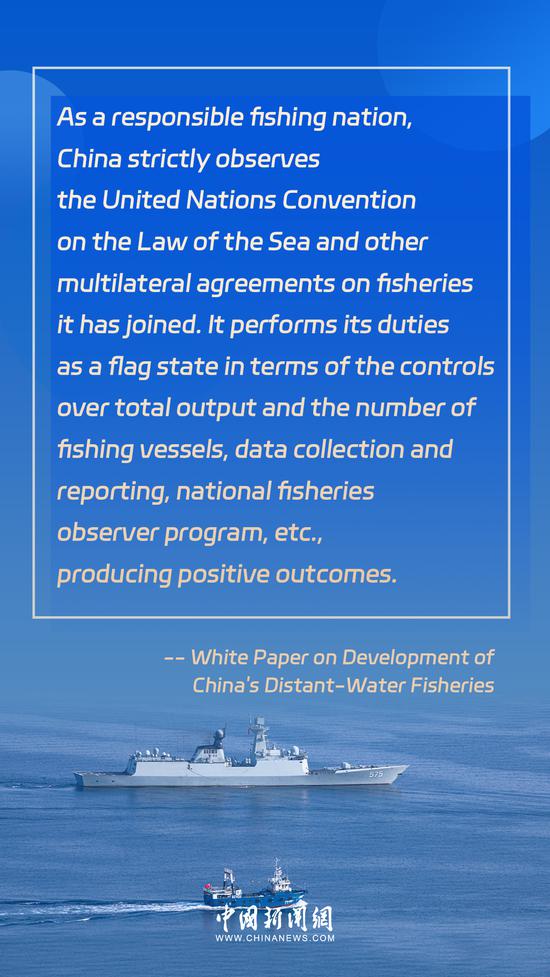(ECNS) -- The incident of radioactive waste water splashing onto workers at the Fukushima Daiichi Nuclear Power Plant again exposes the long-existing problems with TEPCO’s internal management and its habit of deceiving the public, said Chinese Foreign Ministry spokesperson Wang Wenbin at a regular press briefing on Wednesday.
According to media reports, TEPCO recently revealed that the actual amount of radioactive waste water that was splashed is not the initially announced 100ml, but several liters, which is dozens of times what the company initially claimed.
" In the past 12 years since the Fukushima nuclear accident, TEPCO’s handling of the aftermath has been highly problematic. There have been several revelations about TEPCO’s delays in reporting and covering up of accidents or tampering with important data, which means the company puts business interests far ahead of environmental safety and people’s health," Wang commented.
Wang added that right on the next day of the splash incident, TEPCO announced it will soon start the third round of nuclear-contaminated water ocean discharge. "How would a company with such a bad record ensure safety and be responsible in the discharge management that will last for 30 years or even longer? How exactly does Japan’s self-claimed “safe and transparent” ocean discharge scheme make people feel safe?" he asked.
The incident once again highlights the importance of an international monitoring arrangement that will remain effective over the long run, he said.
"We urge Japan to respond to international concerns with all seriousness, dispose of the nuclear-contaminated water in a responsible way, and offer full cooperation in setting up an effective international monitoring arrangement that has the full and substantive participation of Japan’s neighboring countries and other stakeholders," Wang noted.
"The IAEA should also play a constructive role, step up to its responsibility of providing rigorous supervision on Japan’s ocean discharge and prevent the ocean discharge from causing long-term damage to the marine environment and people’s health," he added.


















































 京公网安备 11010202009201号
京公网安备 11010202009201号
